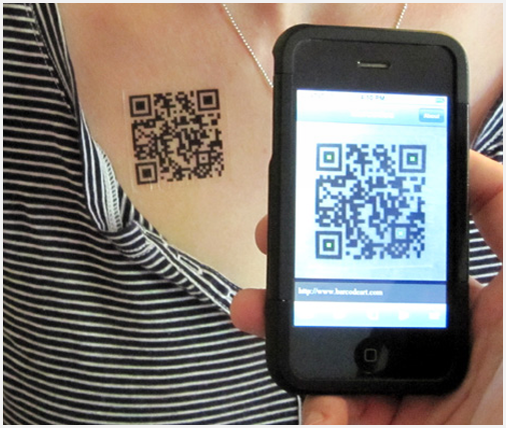
When Candidates Become Commoditities
June 3, 2015We’re becoming Japanese
Well, at least in terms of how we go about seeking the opportunity to speak with someone we don’t know.
When I was leading global staffing efforts for Applied Materials in the late 1980’s, I learned that direct recruiting of Japanese candidates, especially those in leadership roles, was viewed as crass and that Japanese leaders would only respond if introduced to you by someone in their personal or professional network.
Back then, finding fellow graduates from a specific university, seeking an introduction to a former classmate, was more than difficult; you really had to have a connection in the person’s professional network to have a hope of an introduction.
This was good news for search firms operating in Japan, but bad news to an American trying to make recruiting connections in Tokyo from Santa Clara, CA.
As I sit in my office, making sales calls to HR and Finance leaders across the state of Texas, I find myself thinking how the communications traits of current day American business leaders have become strikingly similar to those of their Japanese counterparts from the 1980’s.
Today, American business people use e-mail and voicemail as screening devices; you’re never truly connected with anyone unless you have their mobile number…and the ability to block your own.
Okay, so that last part was a joke, but the point is that Americans seem to be more interested in putting up walls to communication than they are in creating access to new people, ideas, and opportunity.
My question is, what happens when you’ve succeeded in isolating yourself to a point where you only talk to people you already know? How do you make yourself available to someone you’d like to meet, without having to talk to everyone who wants to meet you?
Voice mail was supposed to work, but if your phone rolls to your assistant’s voice mail, or if you hit the “Erase” button the minute you don’t recognize the caller’s name, voice mail stops being a good screening tool.
Same thing with e-mail. If your spam filter is set to only accept messages from people in your address book, and you don’t check out your spam list before deleting it, e-mail ceases to function as a good screening too.
This leads us to social and business networking sites, where people tend to list their personal e-mail addresses and phone contact information, rather than a direct office line or e-mail address. Anyone who’s ever sent an e-mail to someone’s personal e-mail address, asking for their business e-mail, knows what I’m talking about.
So, again, how do you make yourself reachable, without everyone touching you? The answer is simple. You do it by design.
When you set up your voicemail message, ask people who are making sales or recruiting calls to send you an e-mail, providing your office e-mail address. Ask other people you don’t know to leave a message explaining why you’re calling. Then, listen to your messages.
At the same time, tone down the spam filter on your e-mail account, so you can actually see non-spam from strangers. Be as brutal as you like when it comes to deleting messages, but at least take the time to read the title of the message.
Personally, I either take or return every call I get. I got in the habit a long time ago, as I found people would use the fact they couldn’t reach me to justify going over or around me. Rather than get angry, I realized I could eliminate the possibility by simply agreeing to talk to anyone who tried to reach me.
And yes, I have lost hours of time over the years, listening to sales people and candidates, bringing nothing I wanted to my table. But that’s not always been the case.
In 2000, I received a message that someone from a company that sounded like a financial advisory firm, wanted to speak with me. Not a clue as to the reason, just a note asking for me to return the call, which I suspected was from someone wanting to help manage my alleged wealth.
The next day, I returned the call, and found the person trying to reach me was the VP of Talent Acquisition for a company looking to staff 4 venture-back innovation centers, and she wanted me to put together a multiple search proposal. My company won the business, and the account brought in more than $300K in revenues before The Day The Economy Died in 2001.
While that kind of call and opportunity may only come around a few times a year, it’s important to create and maintain an access point where strangers with value can actually reach you.
Otherwise, you’ll have no leg to stand on the next time you want to complain about your competitor “getting lucky”, as it may have simply been a case of them “taking a call”.

